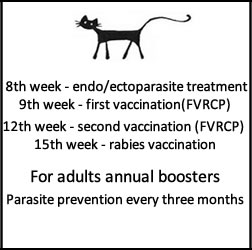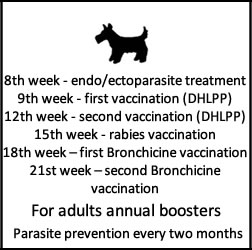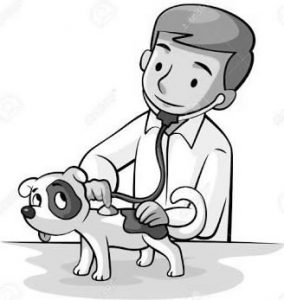WHAT TO KNOW WHEN ADOPTING AN ANIMAL FROM A SHELTER AND BRINGING ONE TO A SHELTER
MOST COMMON PREJUDICES WHEN ADOPTING AN ANIMAL FROM SHELTER
- Most of the shelter animals are aggressive and have behavioral problems
 The reason for this prejudice is the thought: ‘If it was healthy, it wouldn’t be in a shelter in the first place’. Most of the animals from shelters are very affectionate and smart and they have all the features of a perfect family dog or cat. The gratitude and indescribable happiness they feel also affects their behaviour.
The reason for this prejudice is the thought: ‘If it was healthy, it wouldn’t be in a shelter in the first place’. Most of the animals from shelters are very affectionate and smart and they have all the features of a perfect family dog or cat. The gratitude and indescribable happiness they feel also affects their behaviour.
- Purebred or mixed-breed?
It is known that mixed-breed dogs and cats are generally healthier than purebreds because purebreds are more prone to genetic disorders.
- It is better to adopt a male cat/dog

Another common example of prejudice is the preference of males when choosing a pet. People usually think that male pets are more aggressive and protective, and therefore better guard dogs. Since female pets have maternal instinct, they will be more protective, committed and loyal to their family. Also, female cats and dogs reach puberty earlier and that makes it easier to train them in early age.
- I should adopt a puppy/kitten
If you adopt a young cat/dog from shelter, you should be prepared to spend a lot of time and effort on toilet training and teaching them the rules of the house. If you adopt an adult cat/dog, they will already know how to act and make your life much easier.
HEALTH MEASURES NEED TO BE APPLIED AFTER ADOPTION
Your new pet should be immediately treated for endo and ectoparasites. It is important that your pet is examined by a veterinarian. Before getting a vaccination, you should be sure that your new family member is healthy.
For the cats: For the dogs:


IMPORTANT
 There is a high risk that shelter animals will have some of the common and emerging infectious diseases. That is why you should monitor your new dog’s/cat’s health condition after giving the parasite treatment. It is a great risk to vaccinate an animal that is not completely healthy or has subclinical infection.
There is a high risk that shelter animals will have some of the common and emerging infectious diseases. That is why you should monitor your new dog’s/cat’s health condition after giving the parasite treatment. It is a great risk to vaccinate an animal that is not completely healthy or has subclinical infection.
If you already have a pet at your home, you should not put them in the same room without being sure of health of the new family member you brought from a shelter.
IF YOU ARE BRINGING AN ANIMAL TO A SHELTER
- You should vaccinate an animal before taking it to a shelter. It will provide a protection both for the animal you are bringing to a shelter and for all the shelter animals. Especially for puppies, it is very important to vaccinate them before entering the shelter.
- Leaving an animal in a shelter means taking away his freedom. Therefore, before making this decision, you should reconsider whether it is the best you can do for the member of your family or your community.
THE IMPORTANCE OF SPAYING/NEUTERING
In a country that is a home to many street animals, mating of animals that will never have a home or a family will  only reduce the quality of their and their babies lives.
only reduce the quality of their and their babies lives.
One of the most common diseases in dogs and cats is cancer. Neutering decreases the chances of developing testicular cancer and also prostatic disease and hernias in males. In females, spaying decreases the incidence of breast cancer and eliminates the chance of developing a serious infection of uterus. It also removes the risk of unwanted pregnancy.
What is the best age to spay/neuter my pet?
It is best to neuter a male dog/cat after 8 months of age and spay a female dog/cat after the first heat cycle.
REASONS TO ADOPT AN ANIMAL FROM A SHELTER

- Owning a pet is a huge responsibility and it teaches people, especially kids, to be responsible for another living being, helping them to develop empathy.
- Taking your children to a shelter and choose a pet together helps them to become aware of this sensitive issue. While enjoying in saving and changing a life, your family will gain a loyal friend for a lifetime.
- Dogs’ and cats’ sense of smell and sound is far more developed than humans’ and that’s why they can protect you and your home from threats and help you find missing people, animals or goods.
- Studies have shown that owning a pet reduces stress and anxiety.
- Dogs can play an important role in diagnosis of some diseases in humans. In some countries there are even centers where dogs detect diseases such as diabetes and cancer.
Written by Vet Iman Sulejmani 
